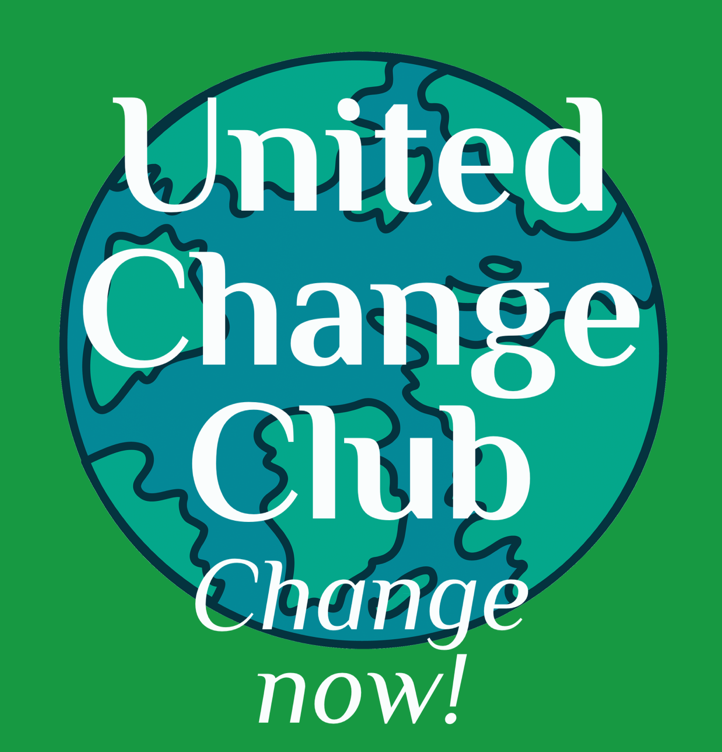
Fast 9.000 Kilometer entfernt liegt unsere neue Partnerschule, die Khunmaeyod School in Thailand. Das Besondere: Die Schule befindet sich mitten im Gebiet der indigenen Volksgruppe der Karen.

„Call me Su,“ fordert Suraporn Suriyamonton von der Pestalozzi-Stiftung für Kinder die Schülerinnen und Schüler des englischen Differenzierungskurses der Jgst. 9 am Donnerstag, dem 21. März 2024 auf, als sie den Klassenraum betritt. Su gehört selbst zum Volk der Karen und stellt sich im traditionellen Gewand vor, das mit Stickereien geschmückt ist. Die Reise nach Essen hat sie gemacht, um den Schülerinnen und Schülern erste Einblick in die Lebensweise ihres Volkes zu geben.

Jugendliche Karen lieben TikTok, erzählt sie, aber genauso sehr traditionelle Sprechgesänge, die dem Rap ähneln. Auf ihrem Stundenplan steht auch ‚indigenes Wissen‘, das die Alten an die junge Generation weitergeben. Der Schulgarten ist besonders wichtig, um die einheimischen Pflanzen intensiv kennenzulernen. Im Karen-Kalender finden sich viele Feste, die in Europa völlig unbekannt sind. Das Büffel-Fest, zum Beispiel, zeigt, wie eng verbunden die Karen mit den Tieren sind, mit denen sie Landwirtschaft betreiben. Ein Büffel ist nicht einfach nur ein Nutztier. Einem Büffel muss der Mensch für seine Arbeit danken. Auch die Bäume des Waldes werden verehrt, denn nur wenn man Mensch und Natur als Einheit begreift – so die Philosophie der Karen – ist ein gutes Leben möglich.
Über Traditionen, Geschichten, Musik und die Einstellung zur Natur werden sich die Schülerinnen und Schüler in den folgenden Monaten online austauschen, auf einer Lernplattform und per Videokonferenz. Organisiert wird dieser ungewöhnliche Austausch von Sabine Schielmann, Projektkoordination für “Indigene Völker und nachhaltige Entwicklung”. Sie arbeitet für INFOE, das Institut für Ökologie und Aktions-Ethnologie e.V. in Köln, und ist mit nach Essen gekommen, um die Schülerinnen und Schüler zu treffen.
Mehr über unsere Partnerschule und das Projekt gibt es unter Partner*innen für die Begegnungen mit Karen-Schulen in Thailand.

Text: Karmen Heup
Illustrationen:
The Karen Calendar & Alphabet: K. Heup, S. Schielmann, 2024
Karen girls 2010, Takeaway, This file is licensed under the Creative Commons Attribution-Share Alike 4.0 International license.

 Am Dienstag, dem 19. März 2024, beteiligte sich die Goetheschule am
Am Dienstag, dem 19. März 2024, beteiligte sich die Goetheschule am 





 Der
Der 
 Das Winter-Forum von
Das Winter-Forum von 
